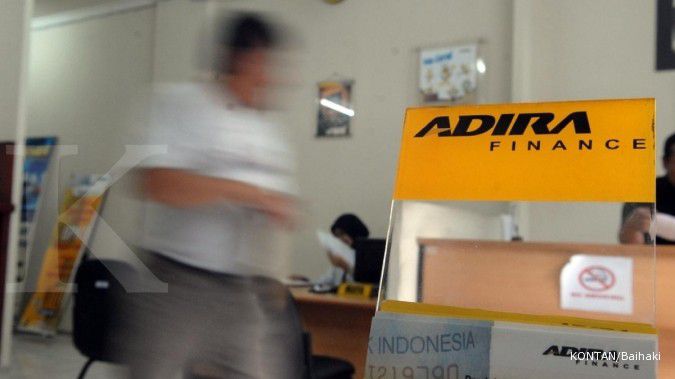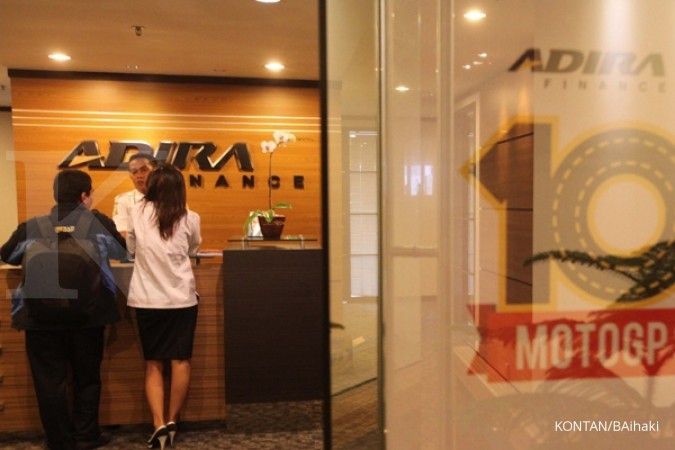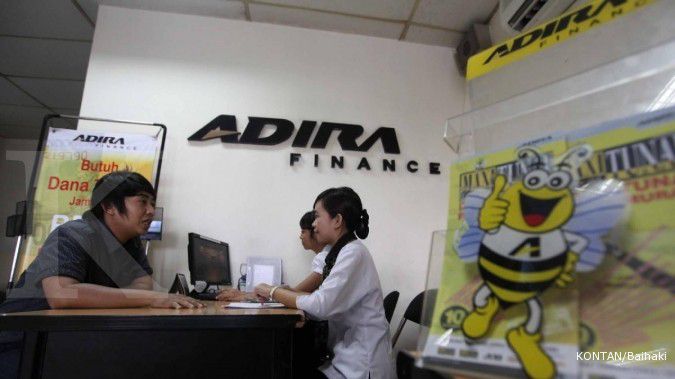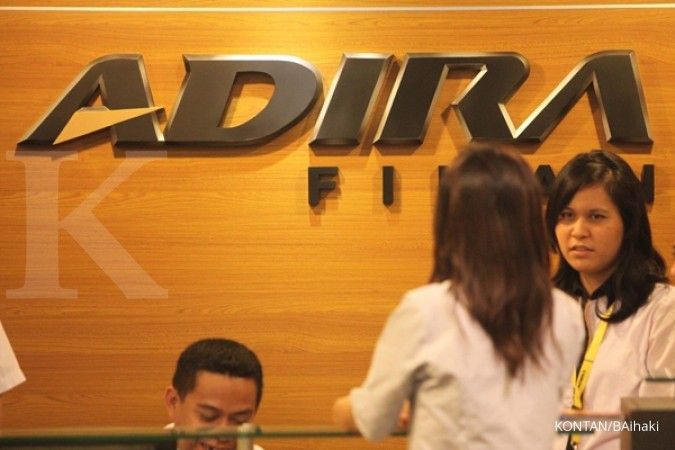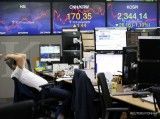JAKARTA. Automotive financing company Adira Finance expects stronger business growth in the coming months, despite having suffered from declining net profits in the first three months of this year amid low demand for vehicle loans.
The publicly listed company, a subsidiary of private lender Danamon, saw an 81.5 percent drop to Rp 76 billion (US$ 5.8 million) in its net profits between January and March this year from Rp 411 billion in the same period last year.
Adira Finance president director Willy Suwandi Dharma said the profit decline was partly due to the implementation of a new regulation from the Financial Services Authority (OJK) changing the accounting method of income recognition with amortization requirements.
“The new regulation affects our net profit calculation,” Willy said on Thursday, adding that rising costs of funds had also triggered increases in the company’s expenditure.
I Dewa Made Susila, the company’s finance director, said Bank Indonesia’s (BI) decision to hike its rate by 200 basis points (bps) from the second half of 2013 to early 2015 had triggered a spike in costs of funds of around 250-300 bps in the market.
The condition has affected Adira’s costs of funds, which rose 130 bps year-on-year (yoy), according to Made. “It will be risky for our non-performing loans (NPL) if we offset the rising costs of fund by increasing our lending rates too much,” he added.
According to its first quarter financial result, Adira saw a 9.84 percent decrease in its revenue to Rp 1.93 trillion from Rp 2.12 trillion in the same period last year. Its expenditure rose 15.82 percent to Rp 1.83 trillion between January and March, from Rp 1.58 trillion in the same period of 2014.
The financial report also shows that Adira’s financing dropped 13.58 percent to Rp 7 trillion in the first quarter this year, from Rp 8.1 trillion in the same quarter last year. The company channeled Rp 4 trillion of its financing to motorcycles, while the remaining Rp 3 trillion went to cars.
Willy said the decline in financing was mainly due to the lingering effect of the slump in global commodity prices, as well as weak economic growth, both of which have put pressure on the purchasing power of consumers, including in vehicle demand.
The macro-economic conditions have also affected the company’s NPL, which rose to 1.6 percent in the first quarter of this year, from 1.3 percent in the same period last year.
“The level of NPL is still manageable and we will always maintain it below 2 percent. As part of the strategy, we are recruiting more staff for collection as well as tightening our process in new-customer acquisition,” Made said.
Despite weak economic growth, Made said the company was maintaining its growth target of 5 percent in financing to Rp 35-36 trillion this year, compared with Rp 34.1 trillion by the end of last year.
“Realistically speaking, we should revise the target if our growth remains weak by the end of the first half. However, we are continuing to optimize our 650 outlets across the country, because we don’t want to reduce our existing capacity,” Made said.
In order to support the financing, Made said the company was in the process of issuing bonds and sukuk (Islamic bonds) worth Rp 2 trillion and Rp 500 billion, respectively, as part of its continuous bond-offering plan worth a total Rp 8 trillion over the next two years. (Grace D. Amianti)
/2014/06/23/1084055610p.jpg)
